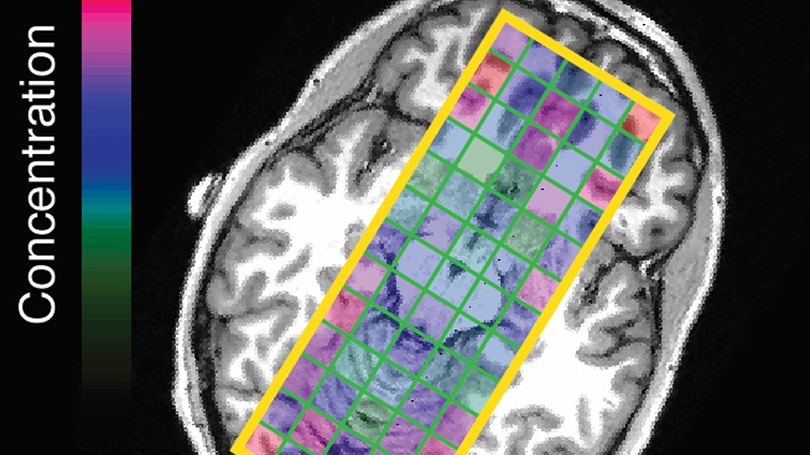
- About
- Get Involved
- Research
- News & Events
Back to Top Nav
Back to Top Nav
Back to Top Nav
The Dartmouth interviewed Caroline Robertson, who joined the Dartmouth faculty in July as an assistant professor in the psychological and brain sciences department.
CR: We are an autism research group. We just moved to Dartmouth in July, and our goal is to build an autism research program on campus. Currently there are a lot of people with autism who come through Dartmouth Hitchcock Medical Center to the psychiatry clinics, but there isn’t much human-level autism research at all coordinated on campus. There’s a lot of interest in autism in the community, a lot of different service providers that work with people with autism and after-school programs and things like this, but right now there’s no centralized hub of those efforts. This is an exciting time to be bringing a research group here because we can be that hub. So what we’re doing is basic neuroscience psychology research for people with autism. We ask questions that are trying to understand what’s different about the autistic brain, how they understand the world around them and what is different in their brain as they’re looking at different stimuli like images, listening to sounds or language. Another prong of what we do outside of research is trying to be a useful resource to help coordinate the efforts in Hanover, trying to do sensory-based community activities in the Upper Valley. We’re helping to coordinate sensory-friendly movie screenings and science communication talks and things like that to generally bring together autism awareness.
CR: I’m a neuroscience researcher and my PhD is in autism research. What interests me about it is probably what interests most people: that it’s a very common condition, but we know very little about it. I came to it as an undergrad and I found that I really had a passion for understanding the brain but really wanted my research to have significant clinical impact, so I wanted to focus on a condition where I felt there was a lot left to know about and autism drew my attention.
Read more from The Dartmouth.